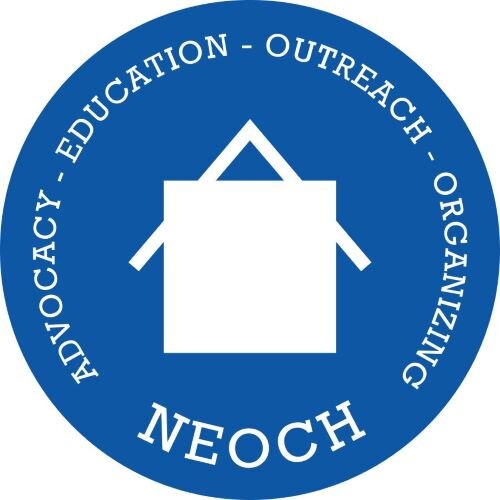Reality Falls on Entitlements
by Jean Andolsen
There has been a whole-scale transformation in government programs and how they relate to the individuals who use them, or once used them. The following is a presentation of the real changes to assistance programs in Ohio.
The General Assistance program (GA) in Ohio, including the health card, ended July 31, 1995. Hospitalization costs will still be covered under the Hospital Care Assurance Program after that date. No hearing rights are associated.
The Disability Assistance program (DA), which provides cash and medical benefits to people not eligible for Adults with Dependent Children (ADC) or Supplemental Security Income (SSI), is continuing for children under the age of eighteen, adults age sixty or over, pregnant women, people living in a treatment facility certified by the Ohio Department of Alcohol and Drug Addiction Services, and people who cannot work due to a physical or mental disability--a condition that must have lasted or be expected to last for at least nine months. However, those who were on Disability Assistance because of medication dependency will only receive a DA medical card and will not receive cash benefits.
The Food Stamp program is not affected by these changes. People formerly receiving cash assistance under the General Assistance or Disability Assistance program can continue to receive food stamps if their income and resources remain low. It is important to note, however, that there is no way for the agency to contact homeless food stamp recipients when their food stamp case is about to expire. Therefore, homeless people who only receive food stamps and not cash from the Department of Human Services will need to keep track of what month their food stamp certification is due to end and contact their social worker that month. If a person comes in after the food stamp case expires, he will receive less food stamps for that month because benefits will be prorated.
Despite these cuts, there are other programs which working, low-income families need to know about.
Transitional Benefits is a program that provides health care and/or day care services for up to a year for ADC parents who have found employment. If an ADC recipient finds employment, she is required to notify her caseworker of this change within ten days. She should also ask her caseworker to explore eligibility for Transitional Benefits.
Healthy Start is a program that provides free medical services to children who are less than twelve years old, of moderate to low income families, and to pregnant women with moderate to low income. Resources are not considered and the monthly income guidelines are higher than for ADC. As of 7/1/95, a two-person family will receive $1112, a three person family will receive $1395, and a four person family will receive $1679. The Healthy Start Inquiry Line is 987-7346 for Cuyahoga County.
In Cuyahoga County, there are three Intake sites: the Downtown office at 1641 Payne, the Southgate office at 21007 Southgate Park Boulevard, and the Northeast office at 12212 St. Clair. Applications can be filed from 8:30 to 3:30 daily. After business hours, recorded information about the programs offered by the Department of Human Services can be obtained by calling 987-7000.
Copyright NEOCH and the Homeless Grapevine published Oct. – Dec. 1995 Issue 12
